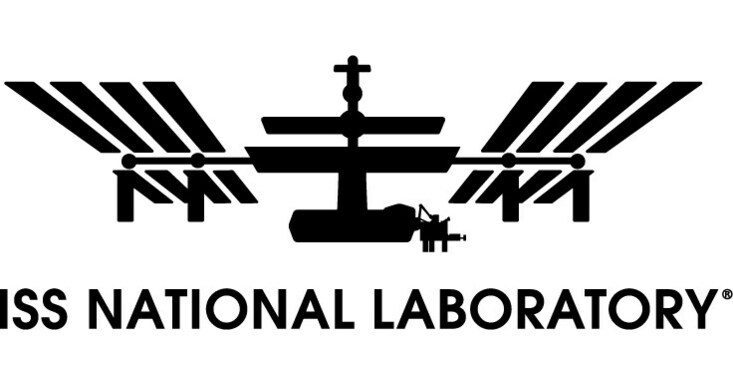
International Space Station National Laboratory
The International Space Station (ISS) is set to receive a new batch of scientific investigations as part of the Northrop Grumman CRS-23 mission. Scheduled to launch no earlier than September 14, 2025, from Cape Canaveral Space Force Station in Florida, this mission will carry a variety of research projects aimed at advancing space technology and improving life on Earth.
In anticipation of this launch, the ISS National Lab and NASA are hosting a media webinar on September 10 to showcase the science aboard the mission. The webinar will feature insights from Phillip Irace, science program director for the ISS National Lab, and Liz Warren, associate chief scientist for NASA’s ISS Program, along with several project leaders.
Innovative Research Aboard CRS-23
The CRS-23 mission will include several groundbreaking projects. Among them is a study from Arizona State University, funded by the U.S. National Science Foundation, which will explore the effects of germicidal ultraviolet light on biofilm formation in space-based water systems. This research, in collaboration with BioServe Space Technologies, has the potential to enhance life support systems for astronauts and mitigate biofilm-related issues on Earth.
Another significant project, led by Robert Garmise of Bristol Myers Squibb, will utilize Redwire Space’s PIL-BOX facility to crystallize small organic molecules in microgravity. This could revolutionize the production of medications on Earth by improving the quality and efficacy of pharmaceuticals.
Addressing Space Debris and Fuel Storage
Space debris remains a critical challenge for space exploration, and the CRS-23 mission aims to tackle this issue head-on. Joel Sercel from TransAstra Corporation and Mike Lewis from Voyager Technologies will test a new system designed to capture and control space debris using Voyager’s Bishop Airlock. This innovative approach could pave the way for safer orbital paths and more efficient satellite disposal methods.
Additionally, Mohammad Kassemi from Case Western Reserve University is spearheading a NASA-sponsored project to study non-condensing gases for improved fuel storage in space. This research is crucial for future deep space missions that require long-term fuel storage and transfer capabilities in reduced gravity environments.
The Broader Impact of ISS Research
The upcoming CRS-23 mission underscores the ISS National Lab’s commitment to leveraging the unique environment of space to drive scientific progress. According to the ISS National Lab, the orbiting laboratory serves as a platform for research and technology development that cannot be conducted on Earth. By facilitating access to microgravity and other space conditions, the ISS National Lab supports a wide range of initiatives from government agencies, academic institutions, and the private sector.
“Through this orbiting national laboratory, research resources on the ISS are available to support non-NASA science, technology, and education initiatives,” the ISS National Lab states.
As a 501(c)(3) nonprofit organization, the Center for the Advancement of Science in Space (CASIS) manages the ISS National Lab under a Cooperative Agreement with NASA. CASIS is dedicated to advancing science in space for the benefit of humanity, accepting corporate and individual donations to support its mission.
Looking Ahead
The CRS-23 mission represents a significant step forward in space research, with implications for both space exploration and terrestrial applications. As the launch date approaches, additional information about the investigations will be made available on the ISS National Lab’s launch page. The recorded webinar will also be accessible on the ISS National Lab YouTube channel, offering the public an opportunity to engage with the research teams and learn more about the mission’s objectives.
For those interested in the broader impact of ISS National Lab-sponsored science, more information is available on their website. As the world looks to the stars for solutions to Earthly challenges, the ISS continues to be a beacon of innovation and collaboration.





